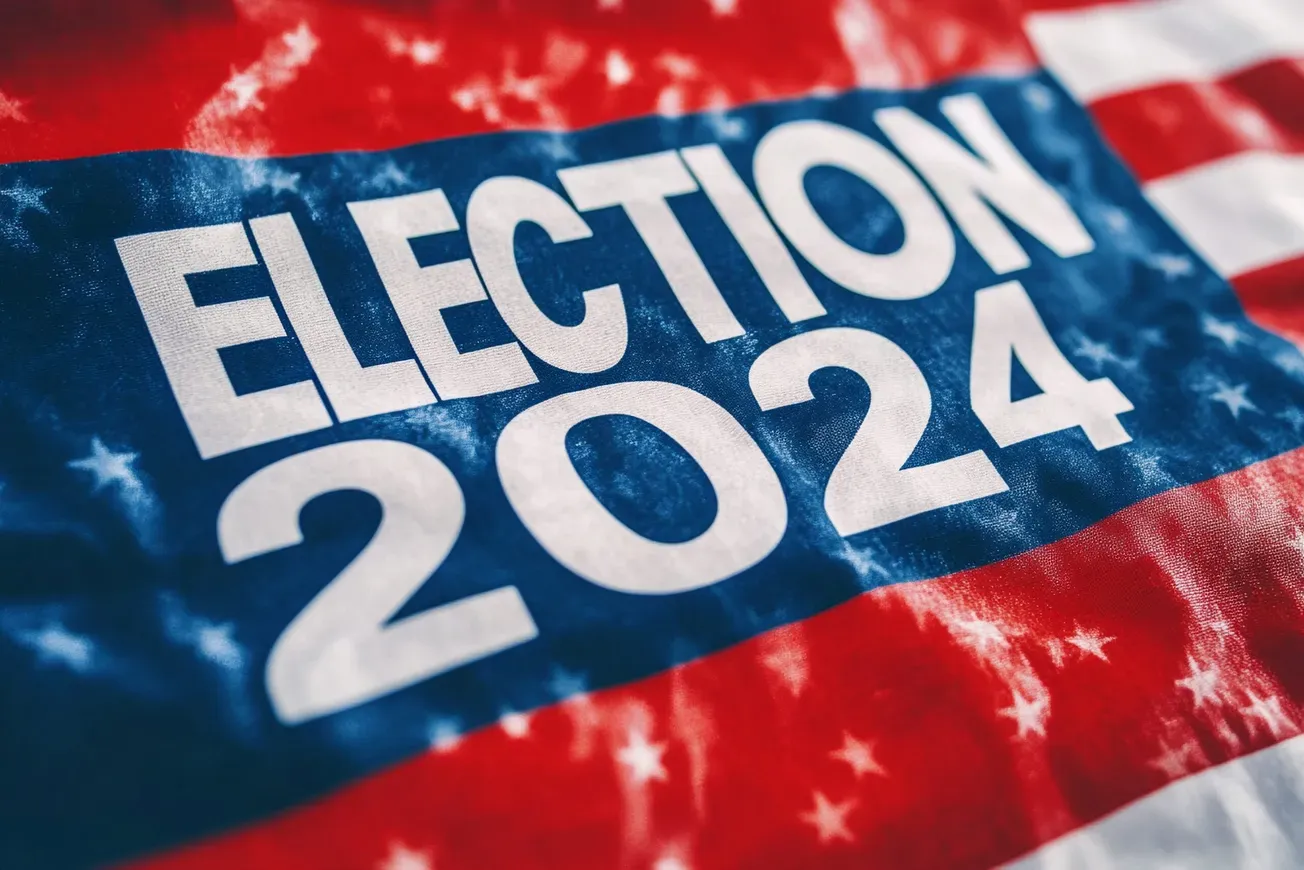Their Election Day routine starts at 3:30 a.m., but preparation takes months
A look into the preparation and behind the scenes work of Henrico election officials before Election Day.

A look into the preparation and behind the scenes work of Henrico election officials before Election Day.
